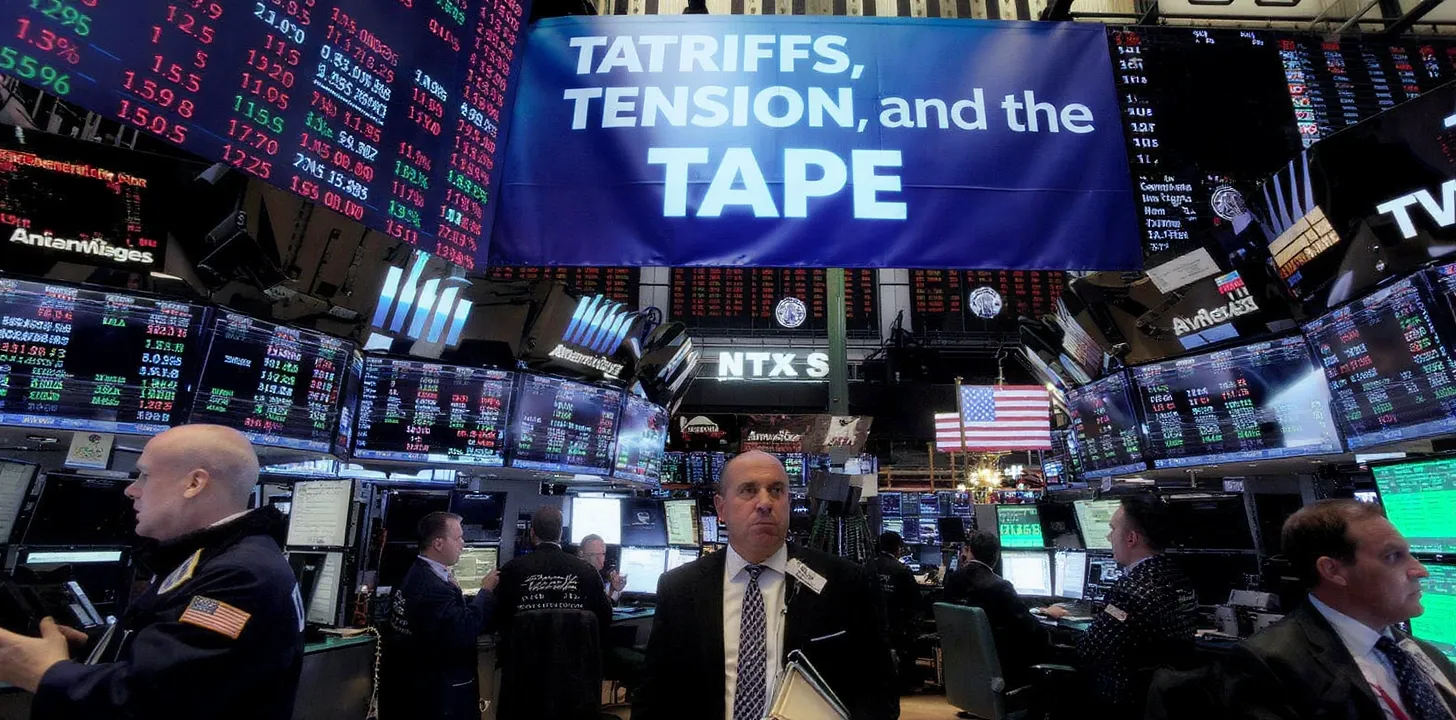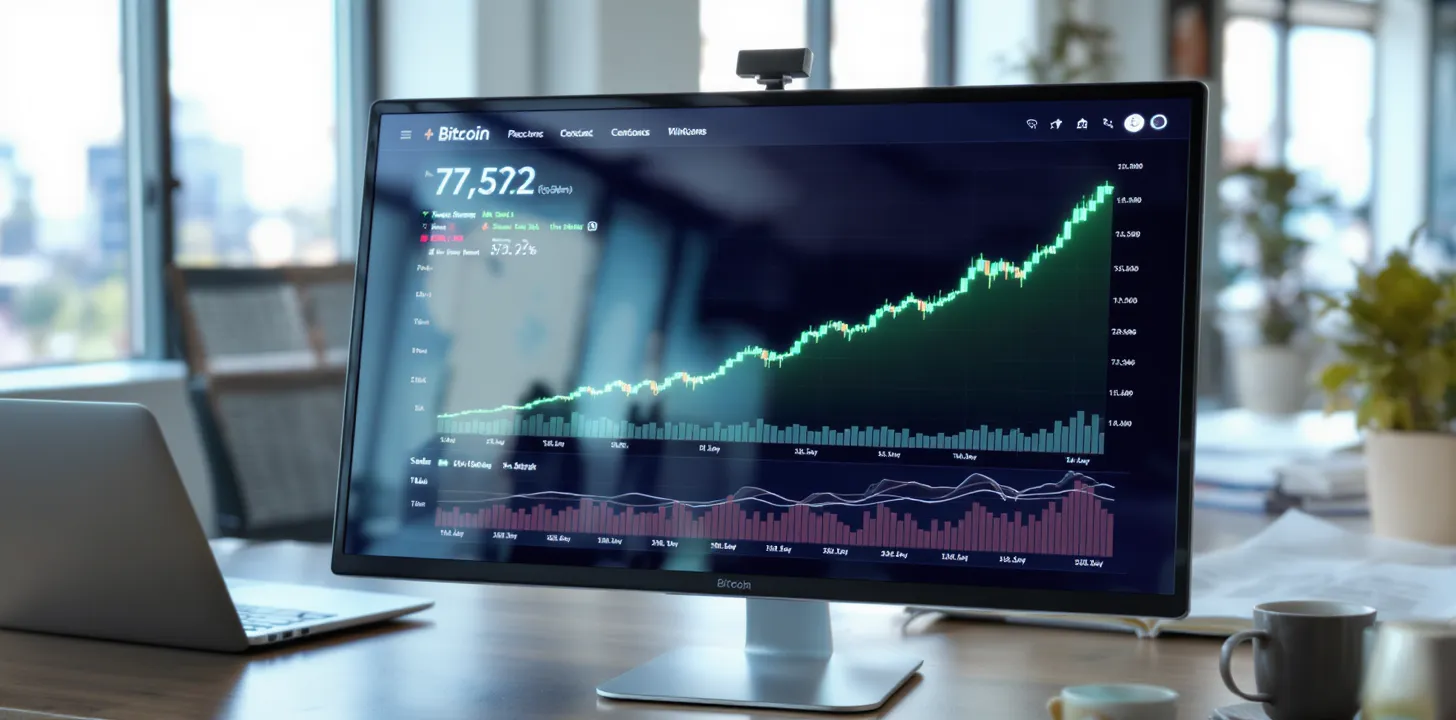The anticipation surrounding election results often brings significant volatility to financial markets, creating both risks and opportunities for investors. Elections act as pivotal events, influencing investor sentiment, currency valuations, equity performance, and even long-term economic policies. While these impacts vary by region and candidate policies, they consistently affect market stability across multiple asset classes.
1. Volatility Surges During Election Seasons
During election periods, uncertainty tends to heighten market volatility. For example, the U.S. presidential election often sees a rise in the VIX index, which measures expected volatility. Investors' hesitation about potential policy shifts leads to fluctuating asset prices. Different sectors react uniquely based on anticipated policy changes; for instance, tech and green energy stocks may perform well under pro-environmental administrations, while oil or defense stocks may face headwinds if stricter regulations are expected.
2. Currency Market Sensitivity to Election Outcomes
Currency markets respond swiftly to election results, especially if fiscal policies or trade agreements are expected to shift. For instance, after Emmanuel Macron's pro-EU election victory in France, the euro strengthened, reflecting confidence in continued European unity. In contrast, protectionist policies often lead to currency depreciation due to expected trade restrictions. The U.S. dollar, influenced by Federal Reserve policies during elections, also showcases this dynamic—expansionary policies fuel inflation concerns, impacting Fed rate decisions and the dollar’s strength.
3. Investor Sentiment and Stock Market Reactions
Election results perceived as business-friendly tend to spark market rallies, as seen after the 2016 U.S. presidential election, when deregulation expectations boosted stock indices. Conversely, fear of regulatory or tax changes can trigger temporary sell-offs, especially in sectors like finance or pharmaceuticals. These shifts reflect the market’s immediate response to policies affecting corporate profitability.
4. Global Market and Trade Impacts
Election outcomes influence international trade relations, impacting currencies and equities in economies tied to trade agreements. For example, the 2016 U.S. election’s protectionist stance affected the Mexican peso and led to shifts in the currency's value. Additionally, alliances and adversarial trade relations, as seen with Brexit, can dramatically influence currency performance and economic projections in interconnected markets.
5. The Future of Election Market Dynamics
With the advancement of technology and high-frequency trading, markets now react to election outcomes faster than ever. Algorithms quickly interpret and act on election news, often amplifying volatility through rapid buy and sell cycles. Although initial market movements are sometimes extreme, savvy investors monitor longer-term policy effects and adjust strategies over time.
Conclusion: Managing Election-Driven Market Volatility
Elections play a critical role in shaping financial markets. By analyzing how past elections have impacted currencies, equities, and overall market sentiment, investors can better prepare for upcoming electoral events. Platforms like CMS Prime offer tools and insights to help traders navigate election-induced market shifts, enabling informed decision-making in complex financial landscapes.



